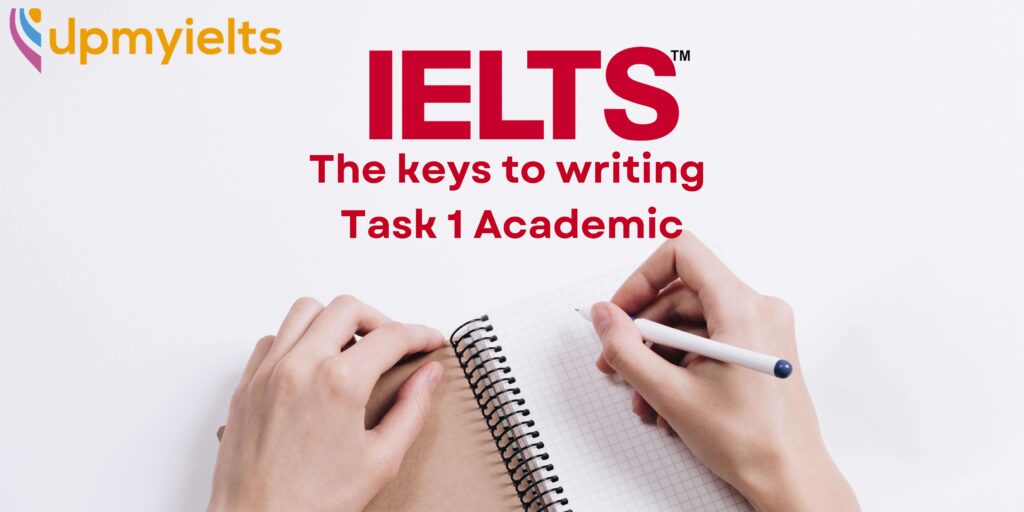
So, we get lots of questions about this in our private Facebook group (You can join and talk to IELTS examiners here). Clearly, it depends on the question as there are a lot out there, so we asked some of the IELTS examiners thier views. Here are are some of the key things you need to look out for in Task 1, according to IELTS writing examiners.
- The overview. There are always 2 parts to it. For example, a chart may have a general uptrend, and A overtakes B. Spend some time looking for them.
- Don’t overcomplicate your writing. I see lots of people paraphrasing when they don’t need to because they have been told not to use any language from the prompt. This is just silly.
- Present data to support what you say. If A goes up, say by how much. The figures are in the task for you to use.
- Don’t interpret the data. If there is a process and there is a hand picking up something, don’t say that it was picked up by a craftsman, or worker, etc. You don’t know who the person is so use the passive voice - For example, "A diamond is selected and........."
- Don’t write too much. I have written hundreds of Band 9 example essays and rarely go over 200 words. I am an examiner, I have seen thousands of IELTS candidates’ work, I have done this for a very long time, yet I don’t write over 200 words as there is no need to in Task 1.
- Plan your writing and proofread it. It is common sense but it is very easy to see when someone has not done this.
- Get your writing checked. Don’t be arrogant and think you can check your own writing. I have done language exams in Japanese and Spanish and the only ones I have ever failed are the ones I have self-prepared for. You cannot check your production (Speaking and writing) in another language. AI is not good enough to do it for IELTS yet. https://upmyielts.com/product/full-ielts-writing-exam is the place to get IELTS examiners working for you.
Want to know how to write a Task 2? Here is a good article.
Good luck